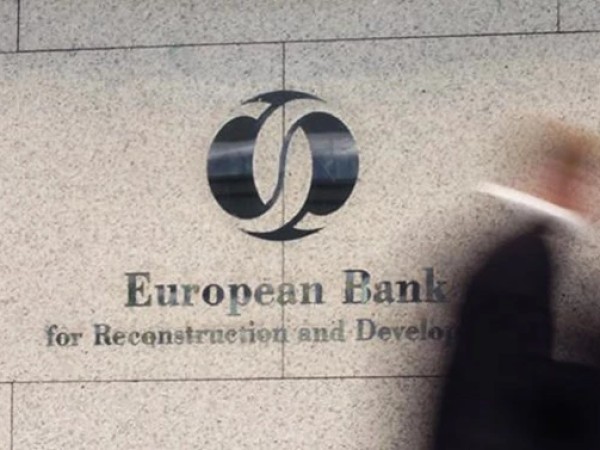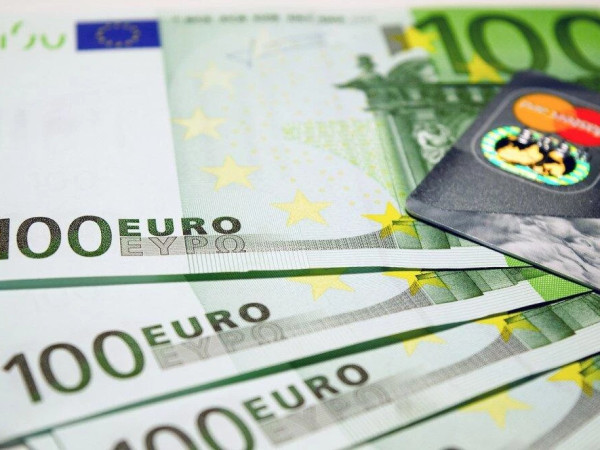Many of the world’s poorest nations are in Africa. Most economies are unstable and poverty is widespread. There are, however, some African countries that have the fastest-growing economies in the world. The largest components of the African economy are agriculture, trade, and natural resources, and the African economy, as pursuant to the world population review, is expected to reach a GDP of $29 trillion by 2050. With US$ 4,697.705 GDP per capita, Georgia is almost four times poorer than African Seychelles.
To determine the wealthiest African countries, information from the latest updates of the World Bank was used on each country’s GDP per capita, before the health crisis. The top wealthiest African countries, richer than Georgia (US$ 4,697. 705 GDP per capita, as of 2019) are:
Seychelles - US$ 17,448.3
Following the economic crisis and resulting sovereign debt default in 2008, the Republic of Seychelles through a prudent reform program made significant progress in achieving economic stability and fiscal sustainability. As a result, the economy grew by an average rate of 4.2% per annum between 2009 and 2019.
Mauritius - US$ 11,099.2
Mauritius, pursuant to the World Bank, has recently become a High-Income Country (July 2020). It reached this milestone in one of the worst years in its history due to the global COVID-19 (coronavirus) pandemic, which has wreaked havoc on its economy. The effects of COVID-19 have reversed recent gains in poverty reduction and female labor force participation. The country faced a steep recession in 2020. Gradual recovery is expected for 2021, but remains subject to significant downside risks, including a prolonged pandemic or failure to address longstanding structural constraints to investment, competitiveness, and skills development. The fiscal outlook depends heavily on a timely unwinding of COVID-19-support measures and a reform of the public pension system.
Equatorial Guinea - US$ 8,131.9
The country has been one of the fastest growing economies in Africa in the past decade. After the discovery of large oil reserves in the 1990s, Equatorial Guinea became the third-largest producer of oil in Sub-Saharan Africa, after Nigeria and Angola. More recently, substantial gas reserves have also been discovered. However, the country macroeconomic and fiscal situation has deteriorated following the oil price drop.
Botswana - US$ 7,961.3
Botswana has historically enjoyed strong and stable growth since independence, with sizable fiscal buffers and prudent policies playing a key role in shielding the economy….Botswana’s fiscal deficit is set to widen to 11.3% of GDP in FY2020/21, from 5.6% in FY2019/20, reflecting a sharp decline in mineral revenues, a sticky public sector wage-bill, and the impact of the COVID-19 spending. Similarly, the current account deficit is estimated to have widened to 8 percent of GDP in 2020 following the sharp decline in diamond exports.
Developments in the global diamond industry will have a telling impact on the short-term recovery, given Botswana’s dependence on the commodity. While recovery is expected in 2021 due to a favorable outlook for the diamond industry, the economic impact of COVID-19 is likely to be deep and long-lasting.
Gabon - US$ 7,767.0
Gabon is an upper-middle-income country. The fifth-largest oil producer in Africa, it has had strong economic growth over the past decade, driven by its production of oil and manganese. The oil sector has accounted for 80% of exports, 45% of GDP, and 60% of fiscal revenue on average over the past five years. However, as the country is facing a decline in its oil reserves, the Gabonese government has decided to diversify its economy.
South Africa - US$ 6,001.4
South Africa entered the pandemic after several years of low growth. In 2019, the economy grew by 0.2% (in 2018 it was 0.8%) partially caused by the resurgence of load shedding associated with operational and financial difficulties at the energy utility Eskom. The persistence of the pandemic at the global and domestic levels will continue to constrain the economic recovery during the first half of 2021. In addition, as economic activity restarts, pre-existing structural constraints, such as electricity shortages, are becoming binding again. Gross domestic product growth is expected to rebound to 3 % in 2021.
Note: countries’ overviews are published by the World Bank.















